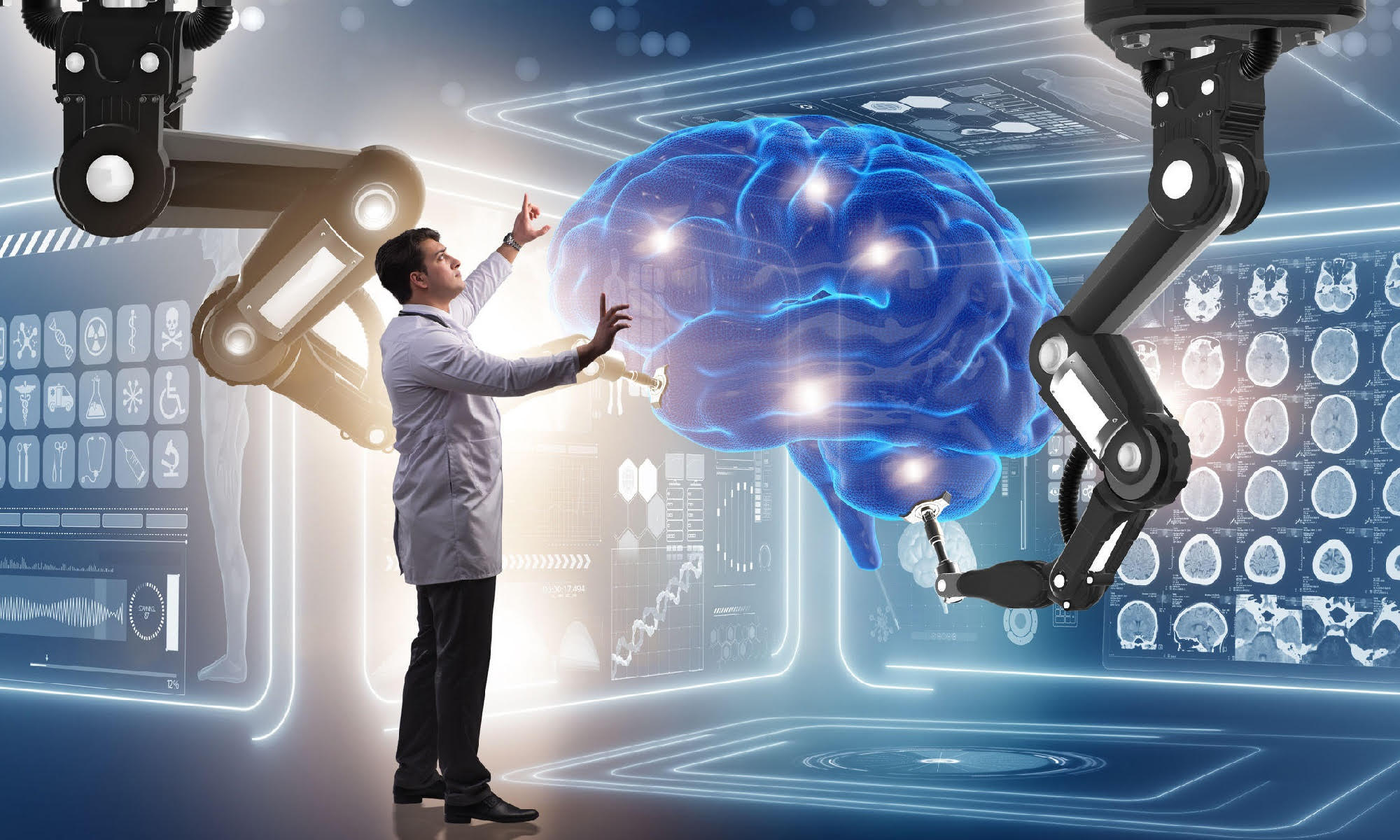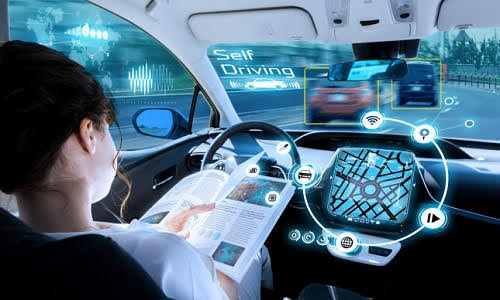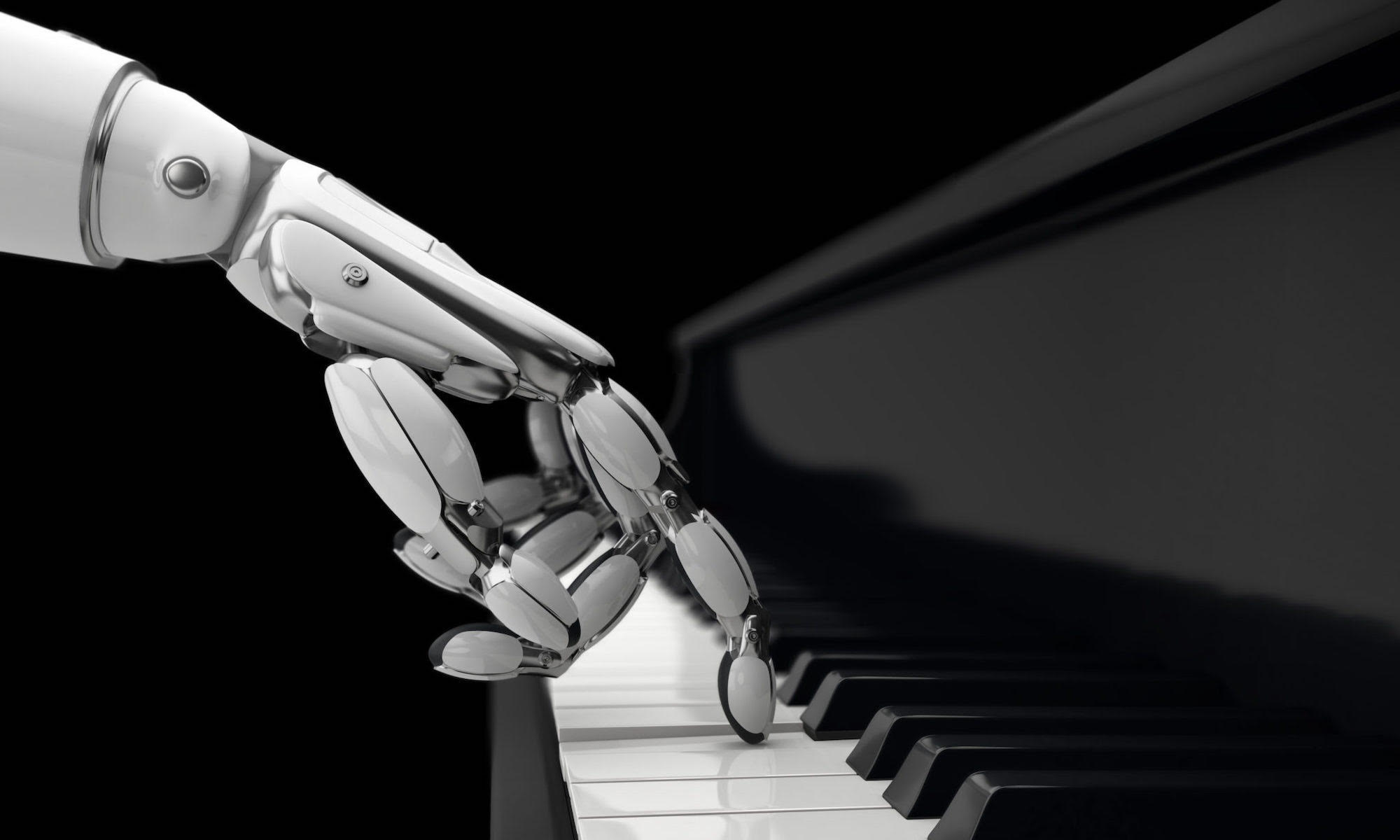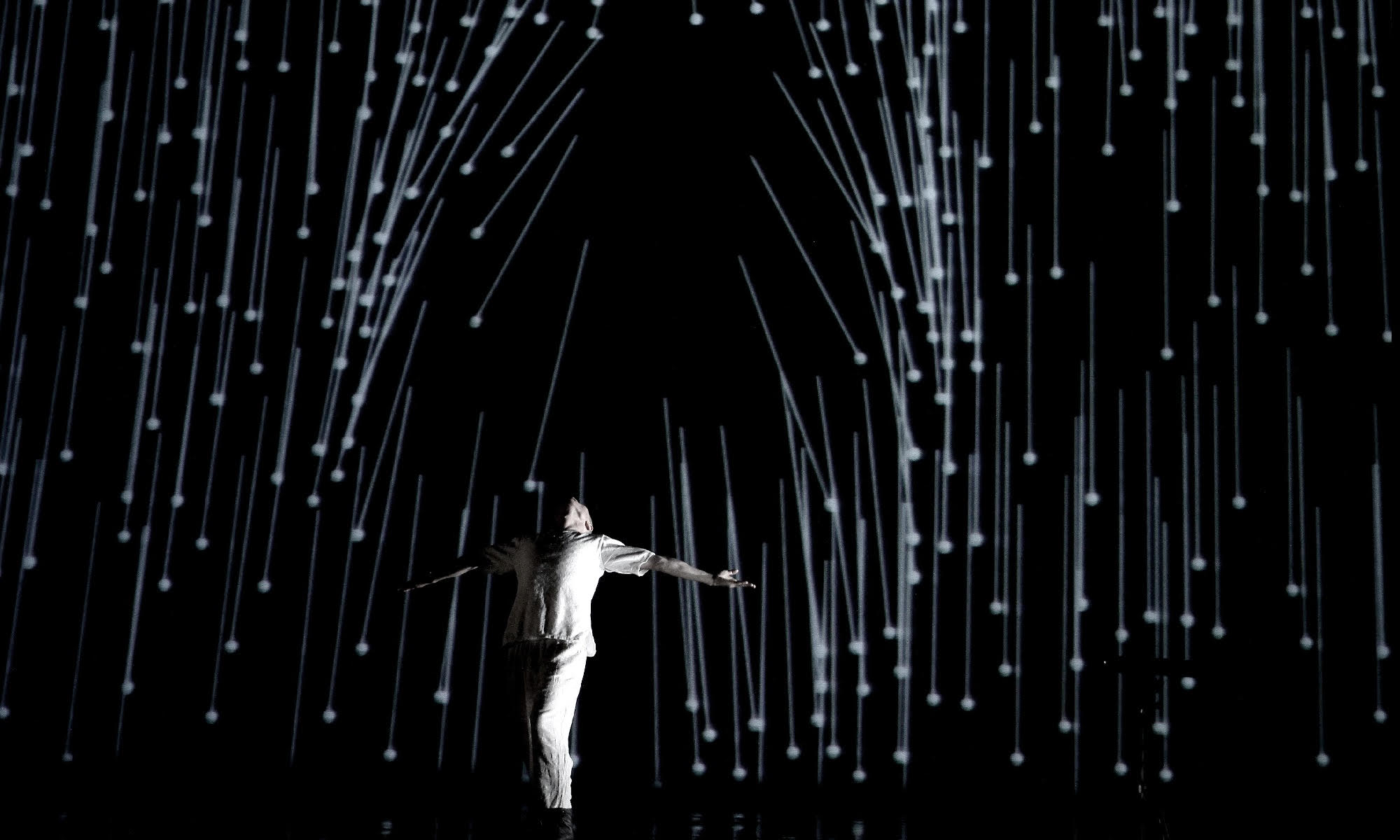
성연식(Yunsick Sung)
AI융합대학 AI소프트웨어융합학부(cs.dongguk.edu)
인텔리전스로봇융합전공(robot.dongguk.edu)
일반대학원 컴퓨터AI학과(aix.dongguk.edu)
일반대학원 자율사물지능학과(ati.dongguk.edu)
Division of AI Software Convergence(cs.dongguk.edu),
College of AI Convergence(ai.dongguk.edu).
Dept. of Computer Engineering & AI (aix.dongguk.edu)
약력 : ▶현재 동국대학교 AI소프트웨어융합학부 부교수로 재직 중 ▶2004년 부산대학교 전자전기정보컴퓨터공학부 학사 ▶2006년 동국대학교 컴퓨터공학과 석사 ▶2012년 동국대학교 게임공학과 박사 ▶2006년부터 2009년까지 삼성전자(주) 연구원 ▶2012년~2013년 미국 플로리다주 플로리다대학교(University of Florida) 박사후 연구원 ▶2013~2017 대구 계명대학교 게임&모바일학과 조교수 ▶2023년~2024년 미국 플로리다주 플로리다대학교(University of Florida) 방문 교수
Short Biography : ▶He is currently an Associate Professor in the division of AI Software Convergence and in the major of Intelligence Robot Convergence at Dongguk University-Seoul, Seoul, Republic of Korea. ▶He received the BS degree in the Division of Electrical and Computer Engineering from Pusan National University, Busan, Republic of Korea in 2004, the MS degree in Computer Engineering from Dongguk University-Seoul, Seoul, Republic of Korea in 2006, and the Ph.D degree in Game Engineering from Dongguk University-Seoul, Seoul, Republic of Korea in 2012. ▶He was employed as a Member as the researcher at Samsung Electronics in Republic of Korea between 2006 and 2009. ▶He was the postdoctoral fellow at University of Florida, Florida, USA between 2012 and 2013. ▶He as an assistant professor in the dept. of Game & Mobile Contents, Keimyung University, Daegu, Republic of Korea. ▶He was a visiting researcher at University of Florida, Florida, USA between 2023 and 2024.
Research Topics
Our lab has changed its name to the Large Multimodal Model (LMM) Lab. Recently, LMM has been used as a model for processing various types of data such as images, videos, and audio as well as language models. Our lab is conducting research to apply LMM to the following fields.
Lastest News
- Jan.14.2021 - 석사과정, 박사과정, 석박사과정 대학원 및 연구원 모집




 Curriculum Vitae
Curriculum Vitae



